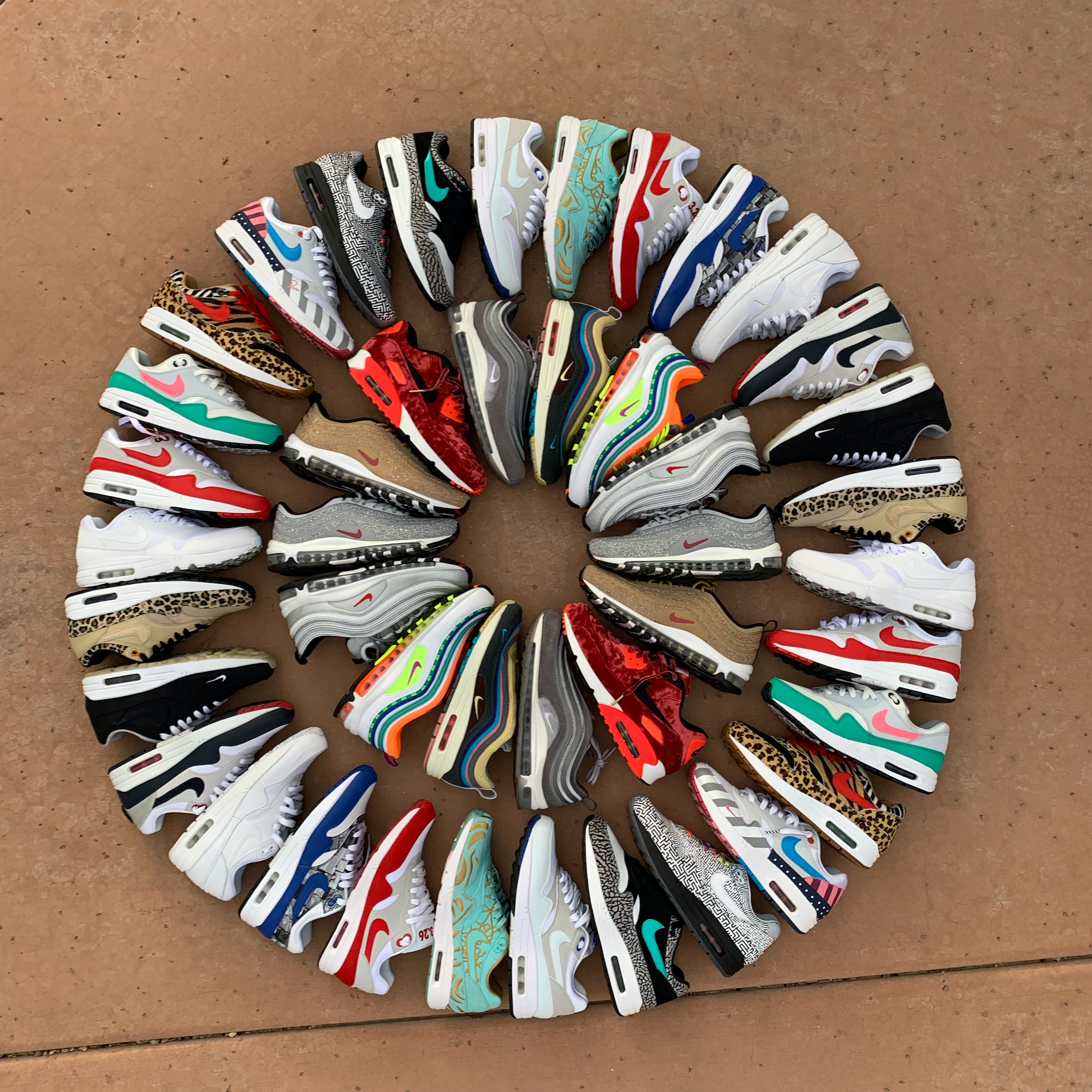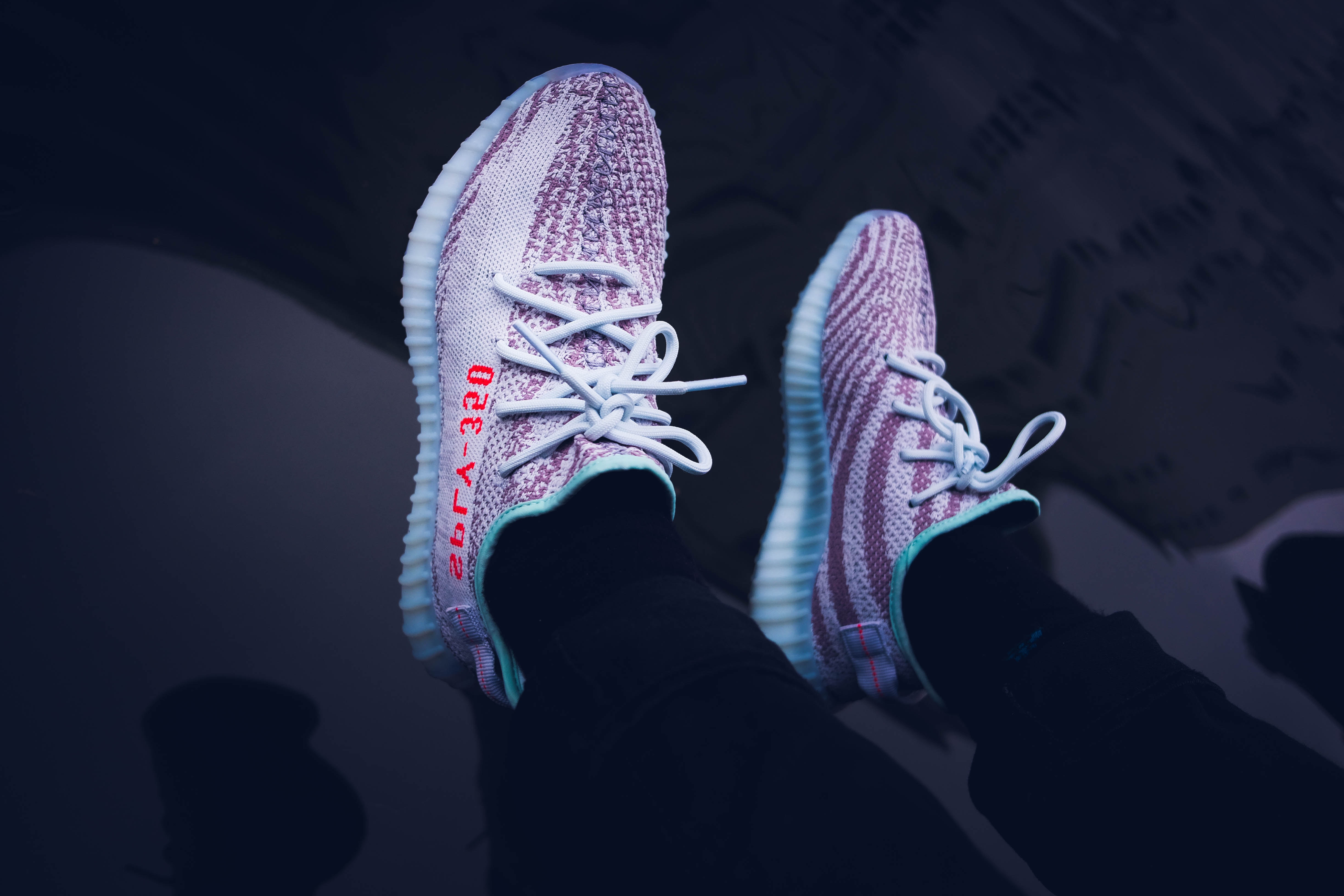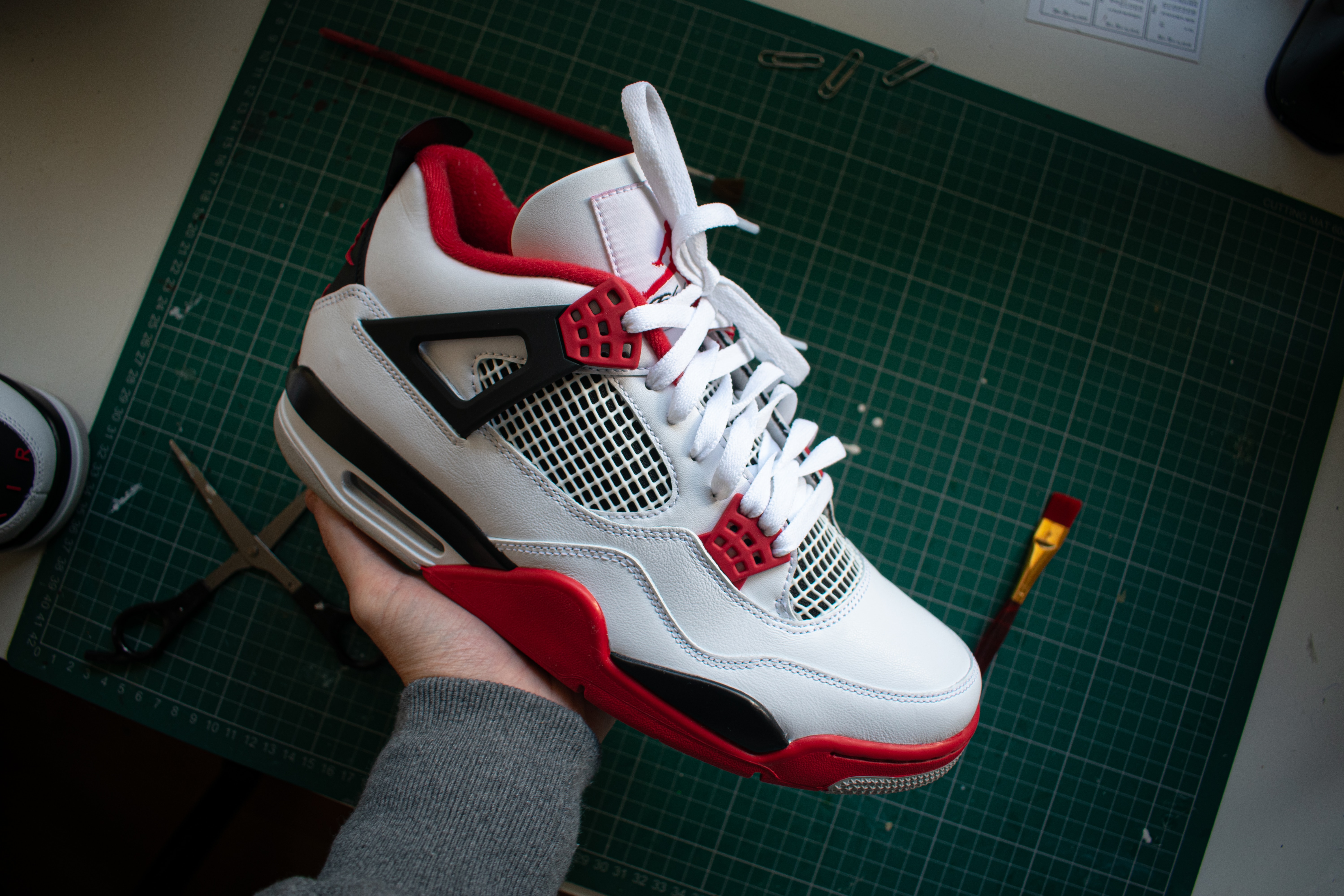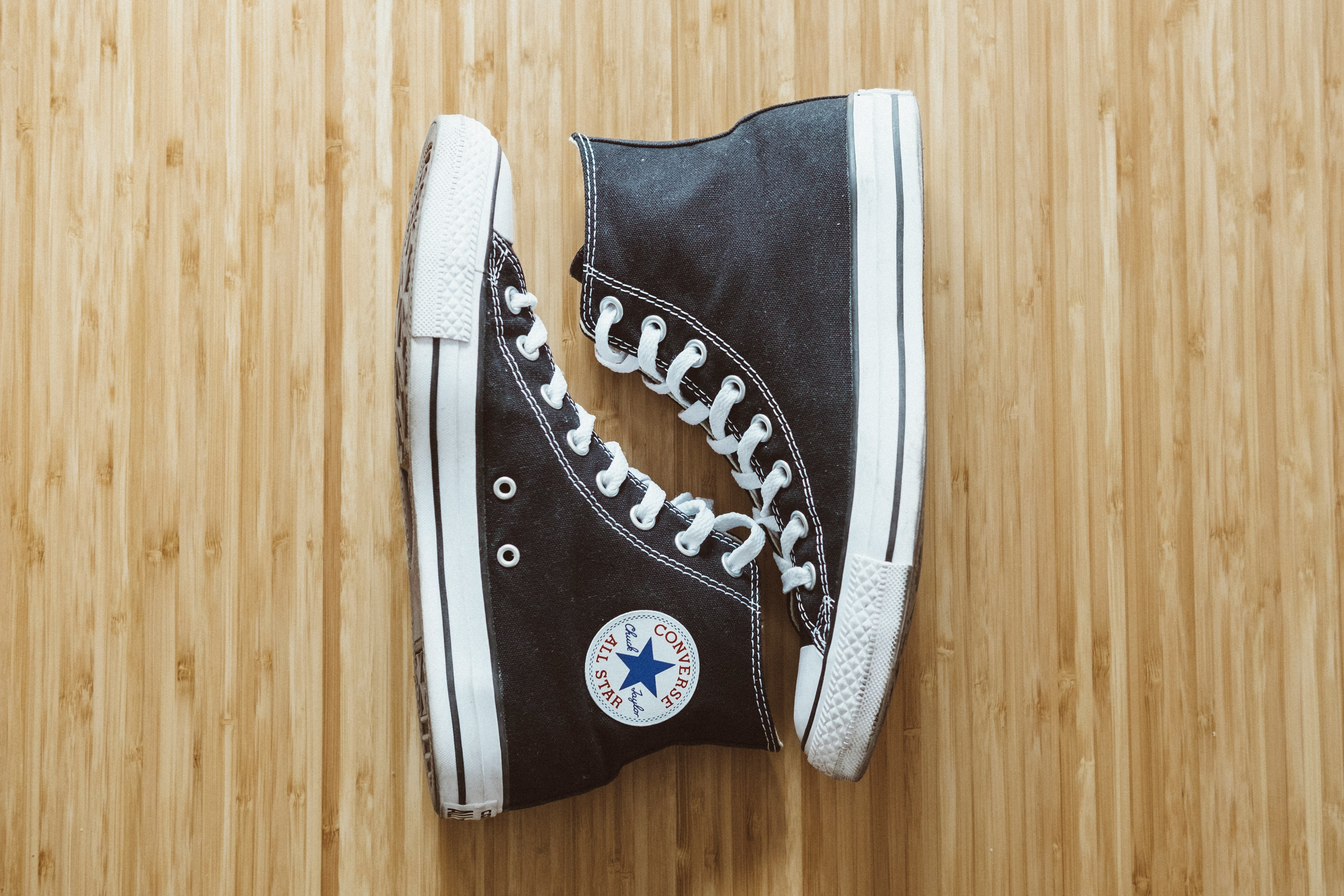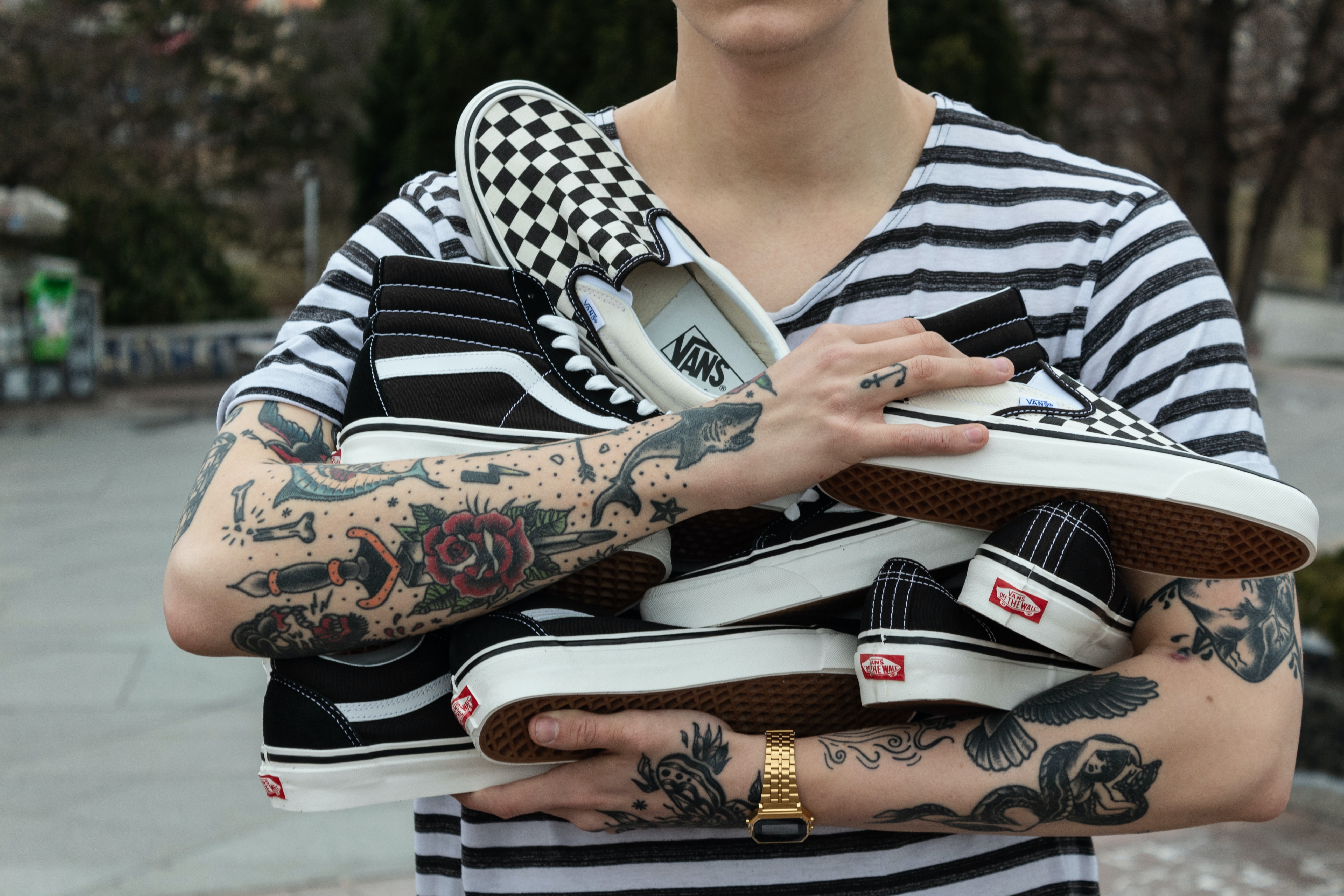4 Important Things You Should Know About Reselling Sneakers In Malaysia
The popularity of sneakers has caused the mushrooming of many businesses and individuals specialising in reselling sneakers and streetwear.
Malaysia is no stranger to the sneaker reselling scene
Sneakers, especially limited edition and "hyped" models, are commonly seen as speculative investments. The increased demand for certain exclusive pairs has elevated their status as objects of desire. It has also translated into higher resale values.
Sneaker resellers often get their hands on or cop exclusive sneakers at standard retail prices through special access. They then flip or resell the sneakers in the resale market at inflated prices. Like art, certain sneakers' resale prices could exceed thousands, depending on its uniqueness and supply/demand.
This trend has caused the mushrooming of many businesses and individuals specialising in reselling sneakers and streetwear.
1. Is it legal to resell sneakers?
In Malaysia, it is permissible to resell authentic products, including branded sneakers which are purchased legitimately. It is encouraged but not mandatory to purchase products from authorised distributors or retailers, or from the brand owners themselves.
If you buy a pair of 2018 Bred Toes via third-party platforms such as StockX (an online sneaker marketplace), it can still be legally resold to a willing buyer. If a buyer agrees to buy a pair of sneakers from a reseller, there is a binding contract between the reseller and the buyer.
Both parties would be bound by the terms of purchase, even if made verbally. It means that if the condition of the sneakers does not meet the buyer's expectations, the buyer may claim damages or enforce his rights for the purchase.
However, it is illegal to buy, sell, and resell counterfeit products in Malaysia. Sellers of counterfeit products may be caught and held liable to fines and/or imprisonment by the law enforcement authorities.
2. Are there any issues with warranties and claims?
Product purchases usually come with warranties from the manufacturers that serve as the terms of purchase, whereby the products will be repaired or replaced, as necessary and within specified periods of time.
Without official warranty arrangements or relationships with the manufacturers or brands, sneaker reselling businesses, which are not official resellers, risk being liable for allegations of unfulfilled warranty claims and damage from customers of products that are defective or not up to expectation.
You may also risk invalidating the warranties provided to the previous owner by the manufacturers. However, they do not apply to the customers to whom you have resold the goods. Such arrangements may be risky, but can be remedied through comprehensive buyers' purchasing terms and conditions.
3. What about intellectual property (IP) laws?
If you operate a sneaker reselling business using brand owners' trademarks in your marketing materials without authorisation, it is encouraged to become an authorised reseller of those brands.
Without authorisation, you may be liable and sued for trademark infringement and passing off, especially if your business is successful or lucrative.
Many brand owners register and vigorously enforce their trademarks, such as Nike's "JUST DO IT" and the Jordan Jumpman logo. Hence, sneaker reselling businesses should ensure that they do not use such trademarks, logos, phrases, etc without the brand owners' authorisation.
Another aspect of IP law is the sale of counterfeit goods or "fakes". In Malaysia, possessing for trade, offering for sale, and selling counterfeit products is an offence, and amounts to trademark infringement under the Trademarks Act 2019.
Punishments for this offence include fines up to RM10,000 for each counterfeit product, imprisonment for up to three years, or both. Counterfeits today are rather well designed and manufactured as slavish copies almost identical to their authentic counterparts.
Hence, sneaker resellers and business owners must ensure the authenticity of (or "legit check") each pair before reselling them in the resale market.
4. Do you have to pay sales tax?
Sneakers, being apparel, are not exempted from sales tax in Malaysia. Most sneaker reselling businesses involve buying sneakers at retail prices, then reselling them at resale prices.
This entails two different sales taxes. If your sneaker reselling business exceeds the relevant threshold, you would have to be registered as a taxable person.
Most sneaker resellers operate on a small scale and do not register themselves as taxable persons despite exceeding the relevant threshold. However, they run the risk of being liable for penalties.
Sneaker culture is here to stay
Manufacturers produce new pairs and retro reproductions of exclusive sneakers, with a unique backstory behind every pair.
Coupled with accessibility through e-commerce and social media marketing, the sneaker reselling market will continue to grow. Hence, you should be aware of the legal and compliance issues that you may face before your next purchase or selling your grail(s).
This story is a personal opinion of the writer and does not necessarily reflect the position of SAYS.
You too can submit a story as a SAYS reader by emailing us at [email protected].
Lim Zi-Han and Loo Wai Hoong are Malaysian lawyers who are passionate about intellectual property and sneaker culture.
